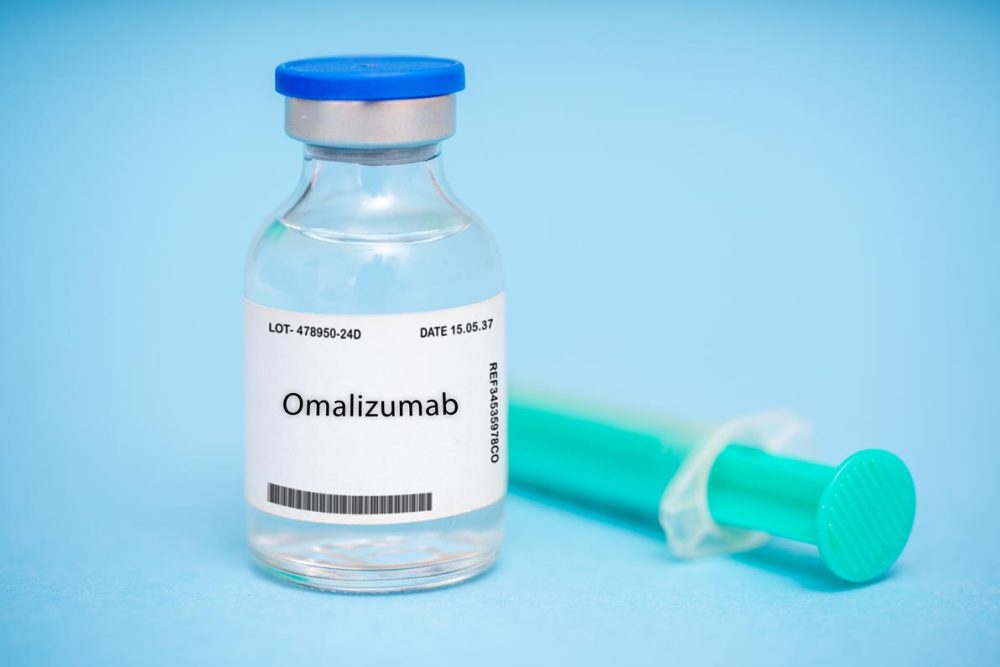Advertisment
Antibody reduces allergic reactions to multiple foods in NIH trial

A monoclonal antibody treatment significantly increased the amounts of multiple common foods that food-allergic children and adolescents could consume without an allergic reaction, according to a planned interim analysis of an advanced clinical trial. The trial is sponsored and funded by the National Institute of Allergy and Infectious Diseases (NIAID), part of the National Institutes of Health.
The laboratory-made antibody, omalizumab, is approved by the Food and Drug Administration for three indications other than food allergy. FDA is reviewing a supplemental biologics license application for omalizumab for food allergy based on this interim analysis of the NIAID trial.
In addition to NIAID funding, the trial has support from Genentech, a member of the Roche Group, and Novartis Pharmaceuticals Corporation. The two companies collaborate to develop and promote omalizumab, marketed as Xolair, and are supplying it for the trial.
The multi-stage trial is called Omalizumab as Monotherapy and as Adjunct Therapy to Multi-Allergen OIT in Food Allergic Children and Adults, or OUtMATCH. The NIAID-funded Consortium for Food Allergy Research (CoFAR) is conducting OUtMATCH at 10 locations across the United States.
The first stage of the study was designed to assess the efficacy of omalizumab in increasing the amount of food it takes to cause an allergic reaction, thereby reducing the likelihood of reactions to small amounts of food allergens in the event of accidental exposure. The study team enrolled children and adolescents ages 1 to 17 years and three adults ages 18 to 55 years, all with confirmed allergy to peanut and at least two other common foods.
In the planned interim analysis, the study’s independent Data and Safety Monitoring Board (DSMB) examined data on the first 165 children and adolescents who participated in the first stage of the trial. Using strict criteria, the DSMB found that study participants who received omalizumab injections could consume higher doses of peanut, egg, milk and cashew without allergic reactions than participants who received placebo injections.
Based on these favorable results, the DSMB recommended halting enrollment into the first stage of the trial. NIAID accepted the board’s recommendation. More detailed information about the findings will become available when they are published in a peer-reviewed journal.
Additional information about the ongoing OUtMATCH trial is available at ClinicalTrials.gov under study identifier NCT03881696.





